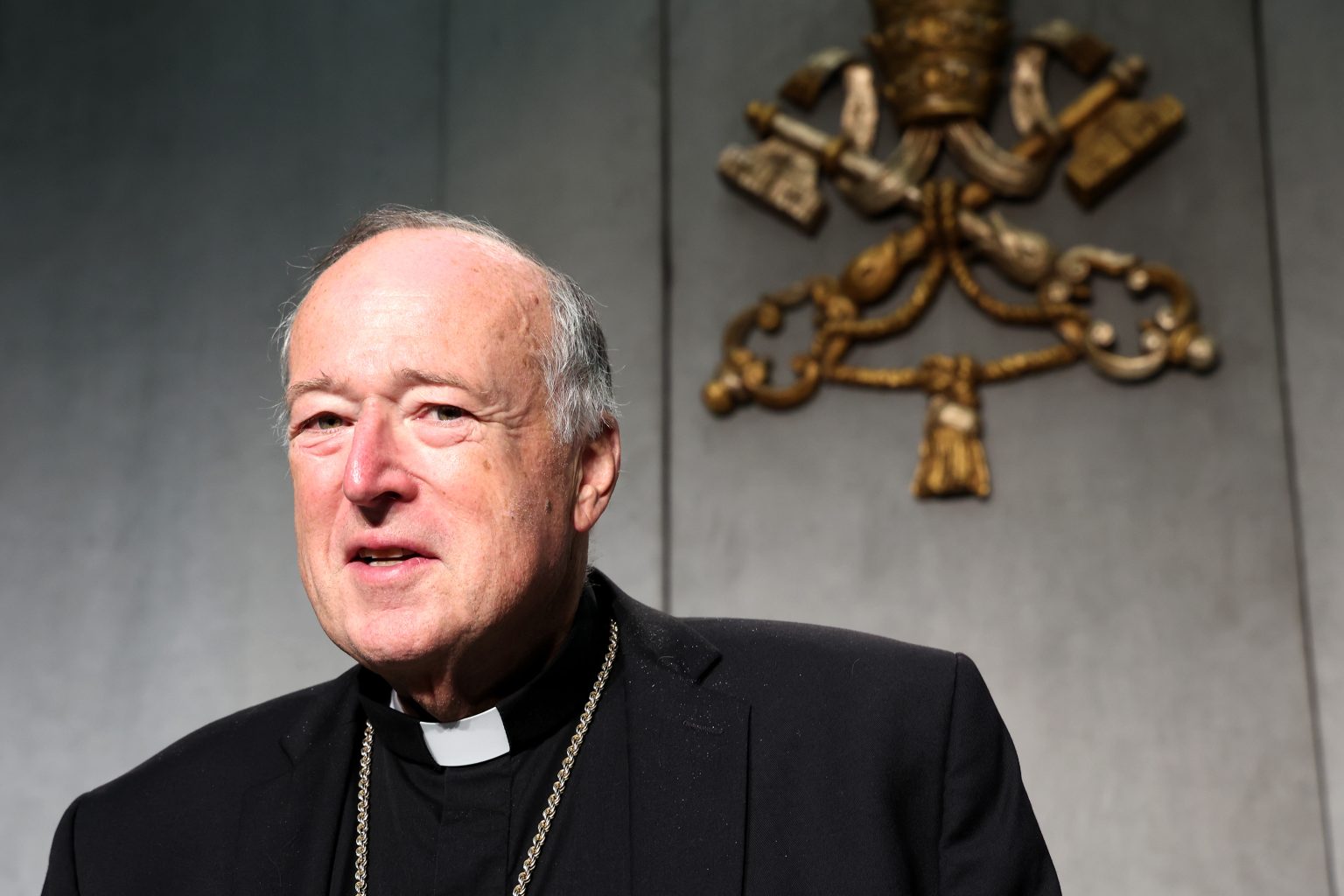The appointment of Cardinal Robert McElroy as the new archbishop of Washington D.C. marks a significant shift in the American Catholic landscape, aligning the influential archdiocese with the progressive vision of Pope Francis. McElroy, known for his outspoken advocacy on social justice issues and his emphasis on inclusivity, takes the helm at a crucial juncture in American politics, as the nation grapples with deep political divisions and complex social challenges. His selection signals a potential for heightened dialogue and perhaps even conflict between the Church and the political establishment, particularly on issues such as immigration, climate change, and the role of the Church in public life.
McElroy’s appointment carries significant weight due to the prominence of the Washington archdiocese. Serving over 670,000 Catholics in the nation’s capital and surrounding areas in Maryland, the archbishop of Washington holds a position of considerable influence within the American Catholic Church and the broader political sphere. The archdiocese has historically played a key role in national conversations on faith and public policy, and McElroy’s progressive stance is expected to amplify the Church’s voice on issues such as poverty, racism, and environmental stewardship. His appointment follows the retirement of Cardinal Wilton Gregory, who navigated the archdiocese through a period marked by the resurgence of clerical abuse scandals.
McElroy’s theological and political background provides a unique perspective for his new role. A native of San Francisco, he holds advanced degrees from prestigious institutions including Harvard, Stanford, and the Pontifical Gregorian University in Rome. His academic credentials, combined with his extensive pastoral experience in California, equip him with a nuanced understanding of both theological principles and the complexities of the American political landscape. Having served as the bishop of San Diego since 2015, overseeing a diocese of over 1.3 million Catholics, he brings considerable administrative experience to his new position.
The new archbishop’s emphasis on inclusivity and social justice aligns closely with the pastoral priorities of Pope Francis. McElroy has been a vocal critic of what he sees as an overemphasis on abortion within the American Catholic Church, arguing that other critical social issues such as poverty, racism, and climate change deserve equal attention. He has also challenged efforts to deny communion to Catholic politicians who support abortion rights, reflecting a more pastoral and less punitive approach to complex moral questions. This stance resonates with Pope Francis’ call for a more merciful and welcoming Church, one that prioritizes dialogue and accompaniment over condemnation and exclusion.
McElroy’s appointment has been met with both enthusiasm and anticipation. Religious scholars and advocates for social justice have lauded his selection, highlighting his competence, empathy, and willingness to champion the rights of the vulnerable. His arrival in Washington is seen as a potential catalyst for positive change within the Church and a strengthening of its voice on critical social issues. However, his progressive views are also likely to generate tension with more conservative elements within the Church and the political establishment. The intersection of faith and politics in the nation’s capital is a complex and often contested terrain, and McElroy’s tenure is expected to be closely scrutinized.
Looking ahead, McElroy’s leadership in Washington promises to be a period of both opportunity and challenge. His commitment to fostering unity within the Church while simultaneously advocating for social justice will require skillful navigation of the complex political and ecclesiastical landscape. His multilingualism, demonstrated by his address to the Latino community in Spanish during his introductory press conference, underscores his commitment to inclusivity and outreach. By emphasizing that “todos, todos, todos” – everyone – is welcome in the Church, he echoes Pope Francis’ vision of a more welcoming and compassionate Church, one that embraces diversity and actively engages with the challenges of the modern world. His tenure will undoubtedly shape the future direction of the Archdiocese of Washington and contribute significantly to the ongoing dialogue on the role of faith in American public life.

